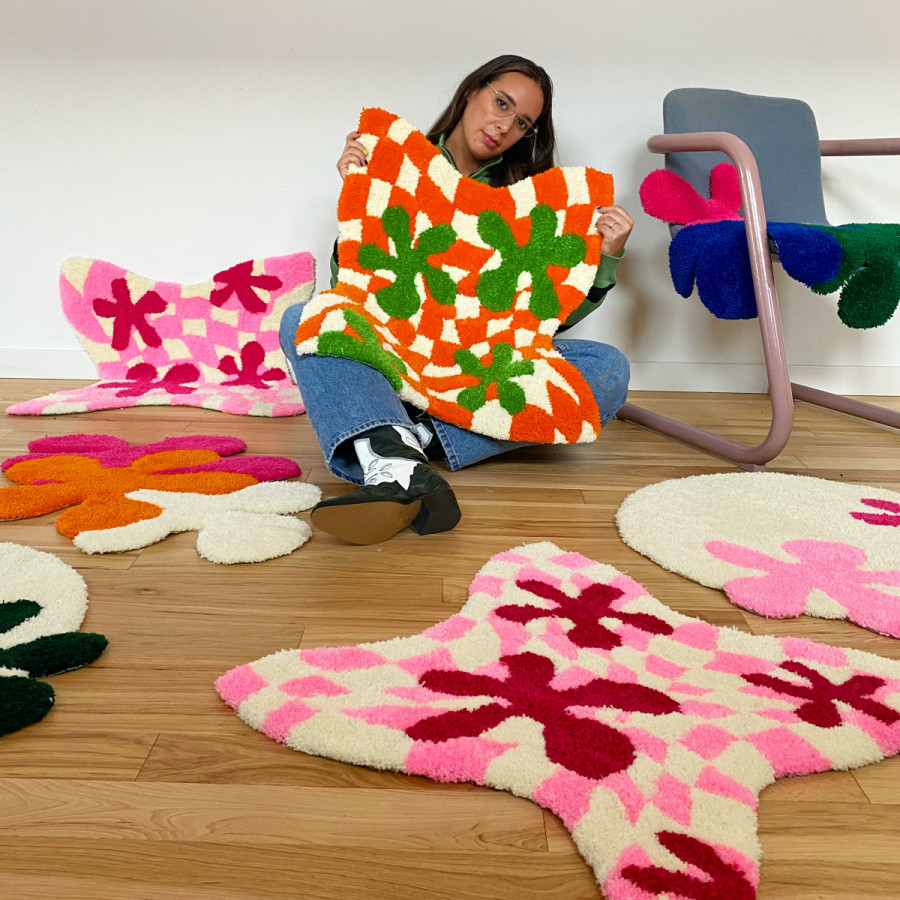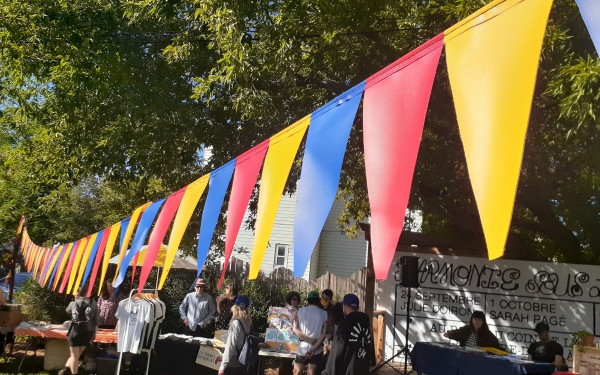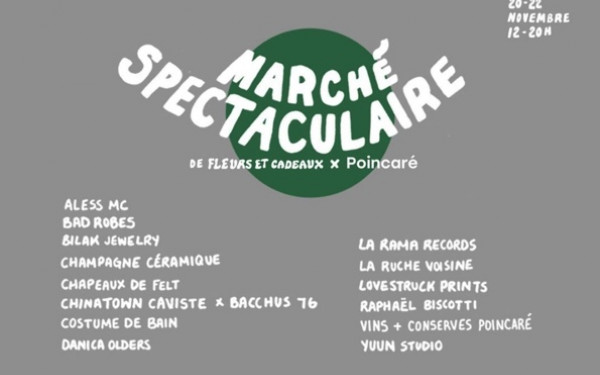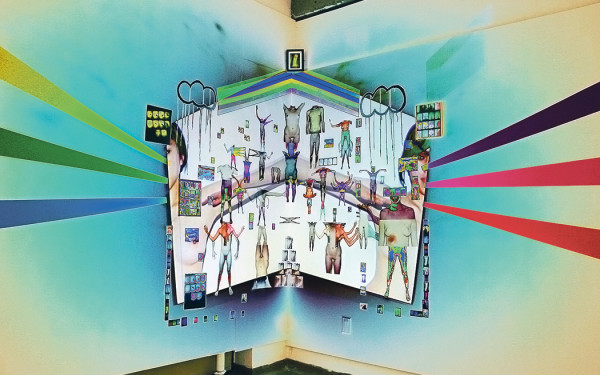Turning hobbies into businesses
How the pandemic pushed artists to monetize their creative work
The COVID-19 pandemic has left many with more time on their hands than ever. A decrease in work hours, or even no work, has led many people to pick up new hobbies in order to stay busy.
Since the beginning of the pandemic, many individuals have been monetizing their hobbies. This is partially due to the pandemic’s repercussions, such as the excess of spare time and the lack of working hours available.
For Bianca Mercuri, a second-year journalism student at Concordia, graphic design was initially a way to stay creative. When the pandemic hit, she was forced to quit her job and she turned to graphic design freelancing as an alternative source of income. What was once a hobby is now what Mercuri considers peaceful work.
“It doesn’t feel like work. That’s made all the difference in creating my business as it’s motivated me to grow even more because of how much I enjoy doing it,” she said.
She started monetizing her graphic design by growing her Instagram following and promoting her services on small business pages. Her freelance work started as a simple way to make income from her home while looking for a more stable job, but the interest in her work surpassed her expectations.

“I have returning clients and with the holidays coming, this has become my main income for the moment,” said Mercuri.
Rashelle Campbell, a part-time communications specialist, was also surprised to see overwhelming interest in the rugs she started making during the pandemic. Campbell decided to learn a new art skill she could do alone because of the isolation regulations. After posting her second rug on Instagram, a friend of hers asked to buy it and she has since sold every rug.
“It blew my mind that I could even make a living with something I enjoy doing, but as the ball kept rolling, people kept wanting. I thought: this is very cool, let's keep doing this until no one wants these, which hasn't happened yet,” she said.
As the interest in her art continued, Campbell realized the importance of it. “I knew if I could have any part in bringing happiness into others’ homes during these times, then that is what I wanted to do,” she said.
The pandemic has given a lot of creative individuals opportunities to pursue their art form and for some, it has even led to bigger goals.
“It blew my mind that I could even make a living with something I enjoy doing, but as the ball kept rolling, people kept wanting. I thought: this is very cool, let’s keep doing this until no one wants these, which hasn’t happened yet.” — Rashelle Campbell
For Lily Kobelt, the sudden changes that came with the pandemic left her feeling lost.
Kobelt knew lighting candles was always important to her but found they all had chemicals, fragrances, and were not eco-friendly. This pushed her into making her own candles and researching ways to make them environmentally friendly.
Kobelt went on to create a catalogue with her friends and named the business Mea Vota. The brand creates ritual candles that are used to help people connect with themselves.
“It went from a small concept of having a candle to really building a brand,” she said. Kobelt says the business is already becoming popular. There are big plans in the making for Mea Vota.
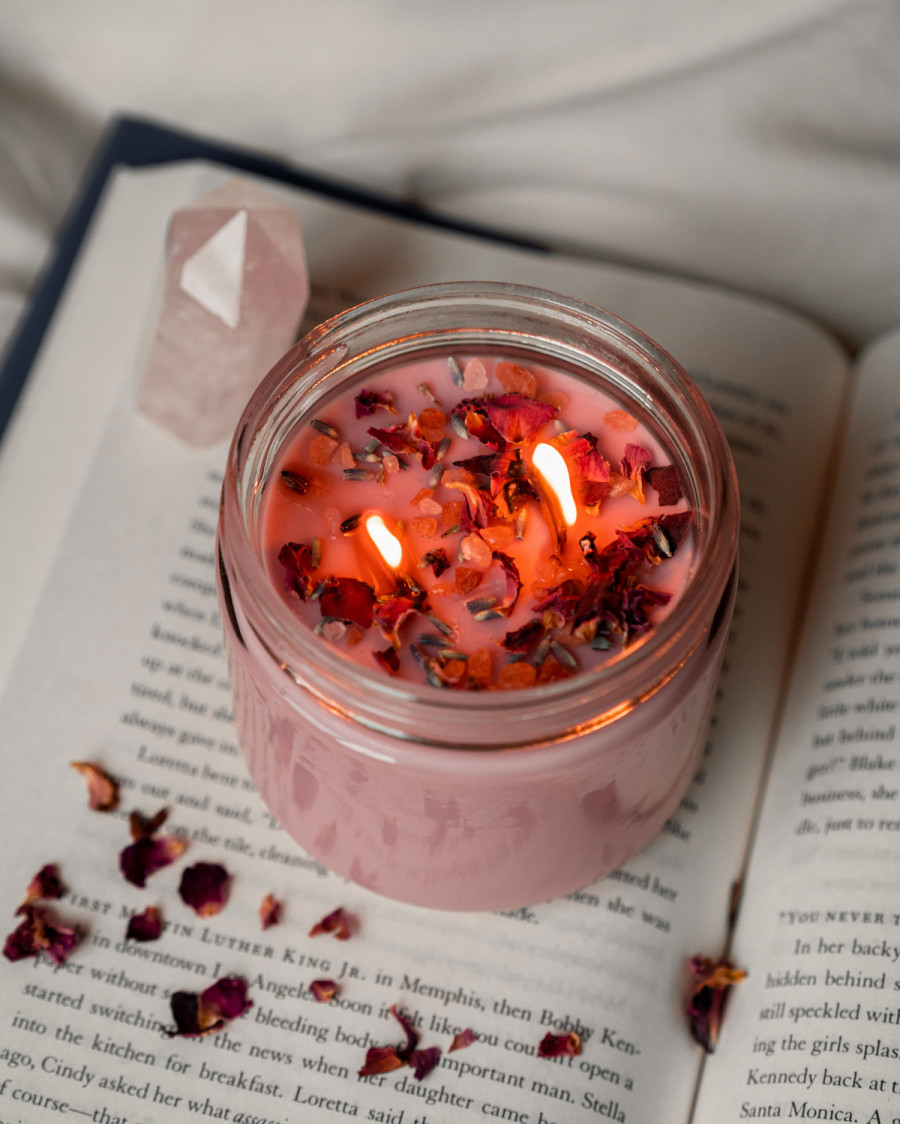
The first thing is paying reparations to Indigenous groups. As of right now, for each sale of an individual candle, one dollar is being donated to the Mi'kmaq community. Kobelt says the goals she is working towards are creating products ethically, providing education on open and closed practices to avoid appropriation, and supporting local charities.
“Another goal is being able to create one big community for the people who use the candles and provide them with support,” she added. The business she created after losing her job due to the pandemic is now something she hopes will get into stores and eventually become a corporation.
For Ines Foka, the decrease in hours at her office job pushed her to make the leap to turn her hair braiding hobby into a business full time. “You have more time to think, more time to plan and less hours at the office. [The pandemic] definitely pushed me in a positive way,” said Foka.
After quitting her office job this past summer, Foka began to braid hair full-time. Initially, she had fears of losing creativity and her love for braiding because it had turned to work. However, she’s been finding ways to make it feel like it isn’t entirely work. She often braids her friends' hair and makes time for days off.
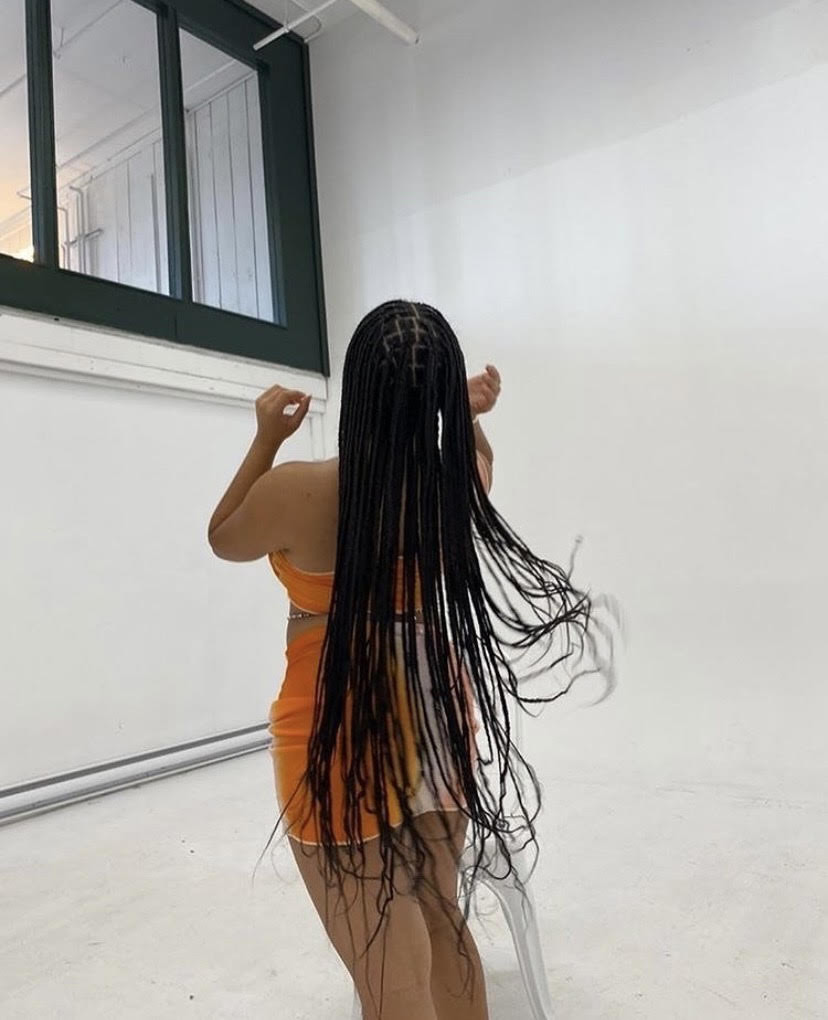
“I do believe though, when you get stuck in a routine of a 9-5, it can also bring about the same negative aspects. It can make you very uninspired, unmotivated, and just unhappy in general. So working for something you enjoy doing can be a good thing,” she said.
In general, the spare time many have had has allowed individuals to finally pursue what often seems impossible: creating their own business and making money off of enjoyable work.
Bianca Mercuri’s graphic design services: @made.by.bianca
Rashelle Campbell’s handcrafted rugs: @____rashelle
Mea Vota candles: @meavotacandles
Ines Foka’s hair braiding services: @braidsbyinesita

